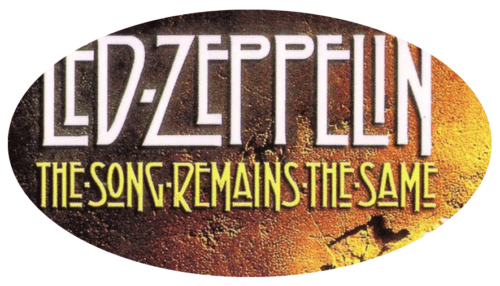The other day, for one reason or another, I did a Google search for the word “recursion.” According to Wikipedia, recursion
… in mathematics and computer science, is a method of defining functions in which the function being defined is applied within its own definition; specifically it is defining an infinite statement using finite components.
This is a screen shot of what Google gave me as a result of my search: (Click on the image for a larger version).
Look carefully at what Google suggests. It says.
Did you mean: recursion
The exact same word that I had searched for… For a moment or two I thought I had found a glitch in Google’s suggestion mechanism… but it suddenly hit me, that this was exactly what recursion meant! If I clicked on that link I would be taking the first step into an endless cycle, an infinite loop, which would end only when I “got it.”
This has been an inside joke amongst programmers for a while. Wikipeda provides one example from a hypothetical dictionary that goes as follows:
- Recursion
- If you still don’t get it, see: “Recursion”.
So in some sense Google provides a “working definition” of the word – that explains it better than just reading a definition in a dictionary. How cool is that. I think it is little games like this one that make Google so much fun to use.
(I must add that this is not a new discovery. The Wikipedia page about recursion does mention this Google trick – but it was new to me!)



0 Comments